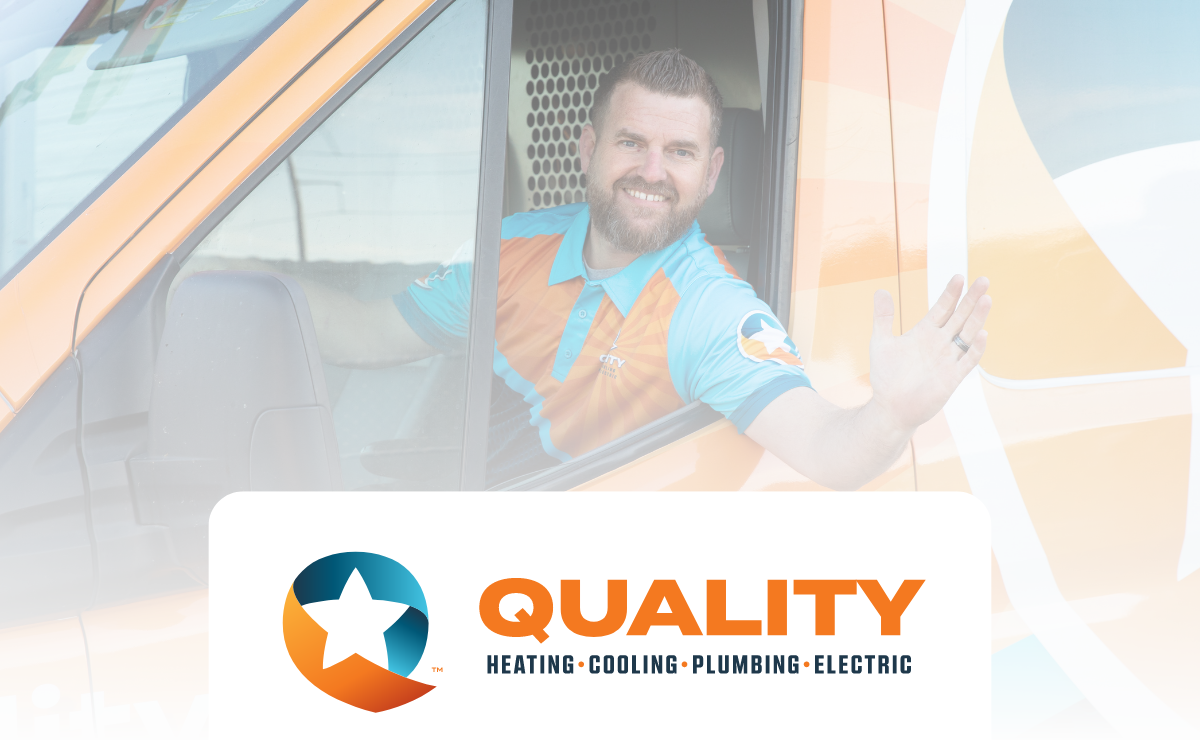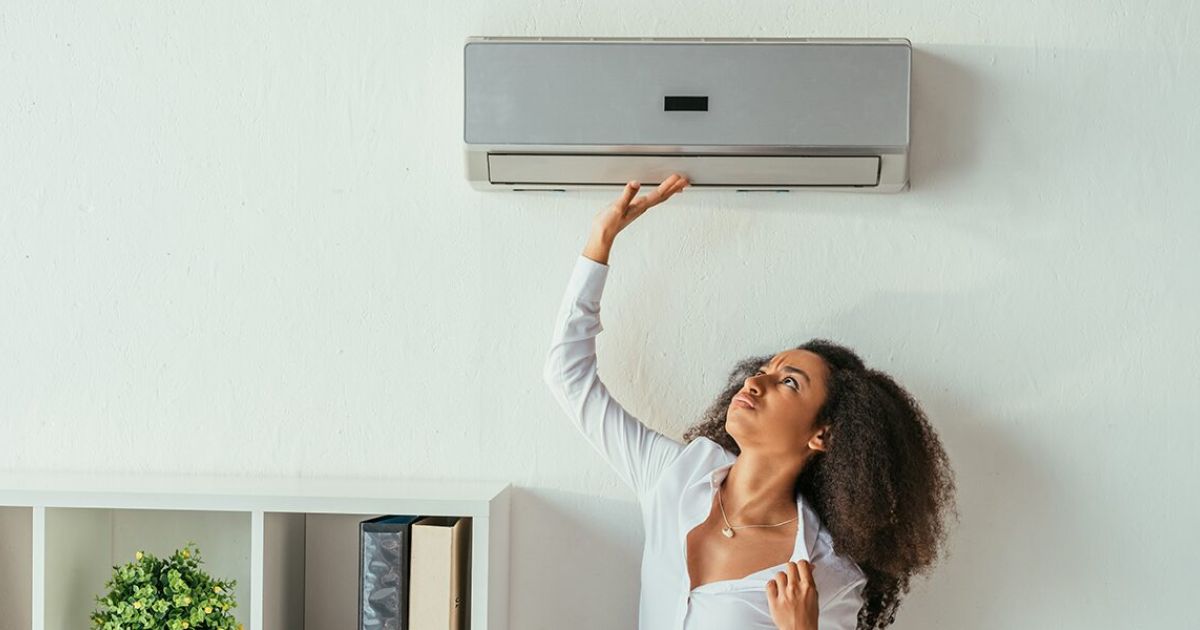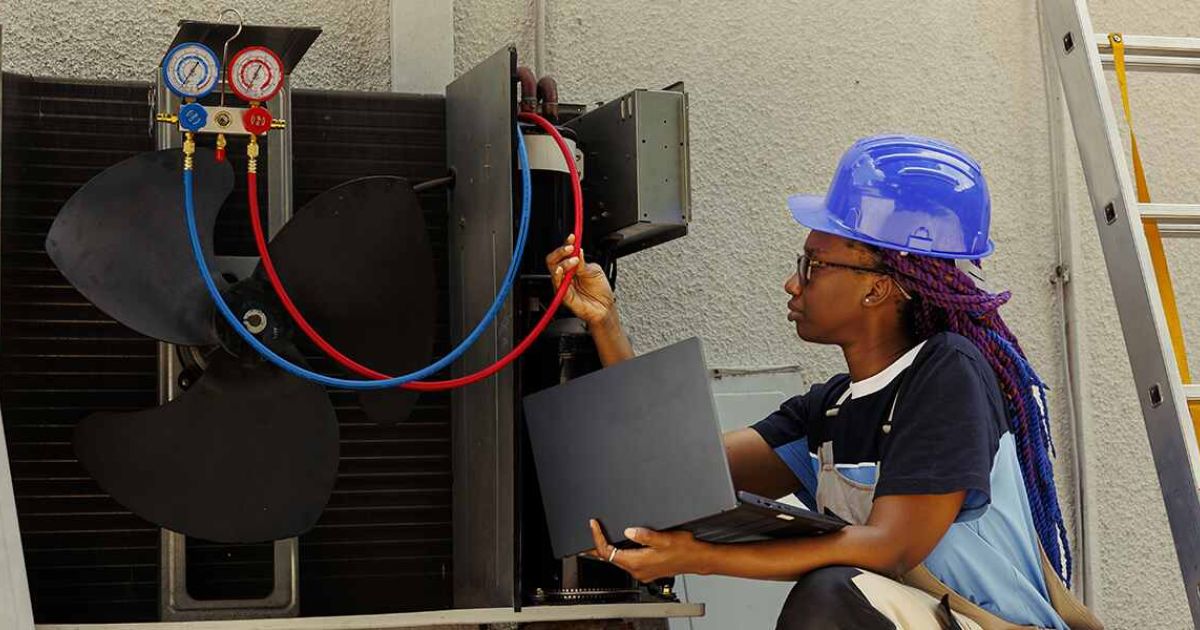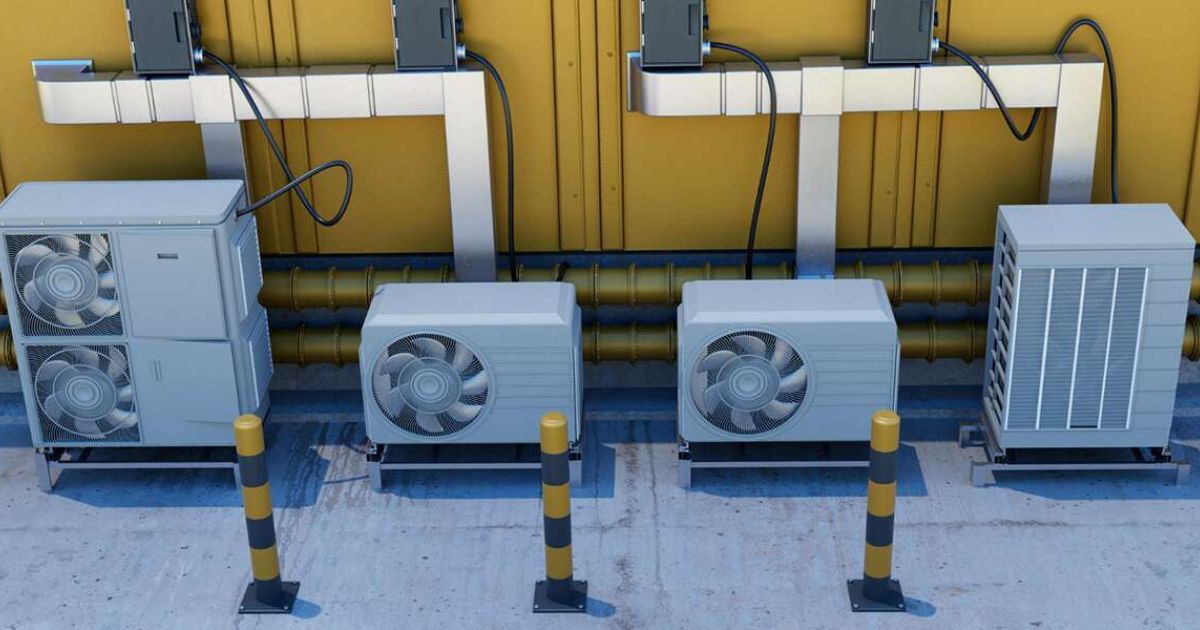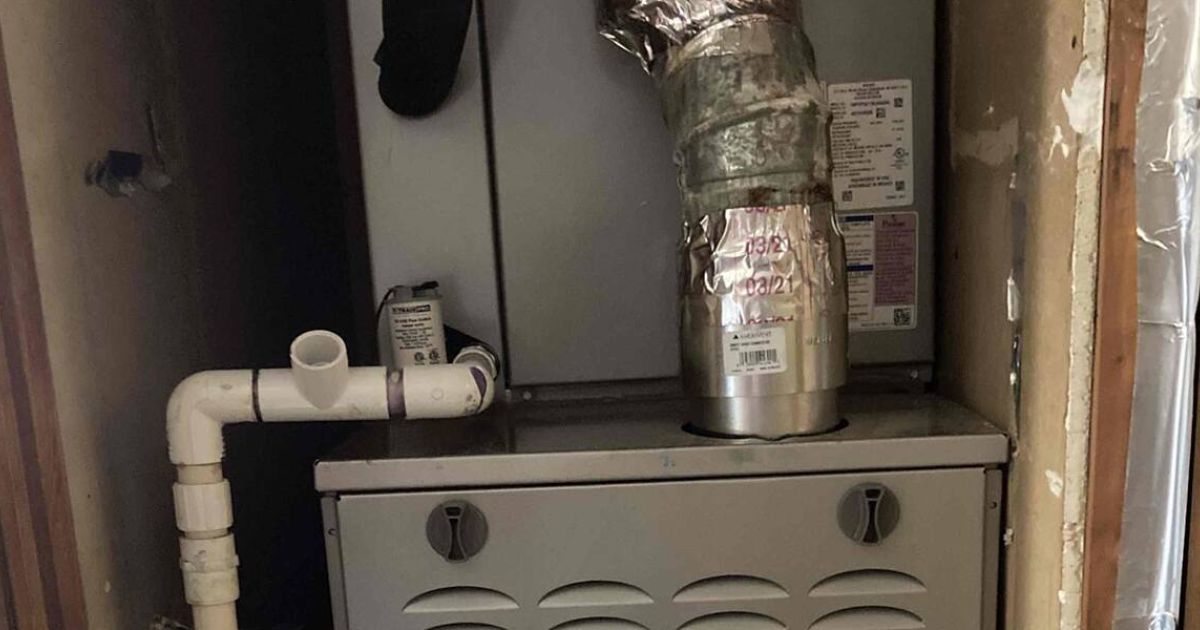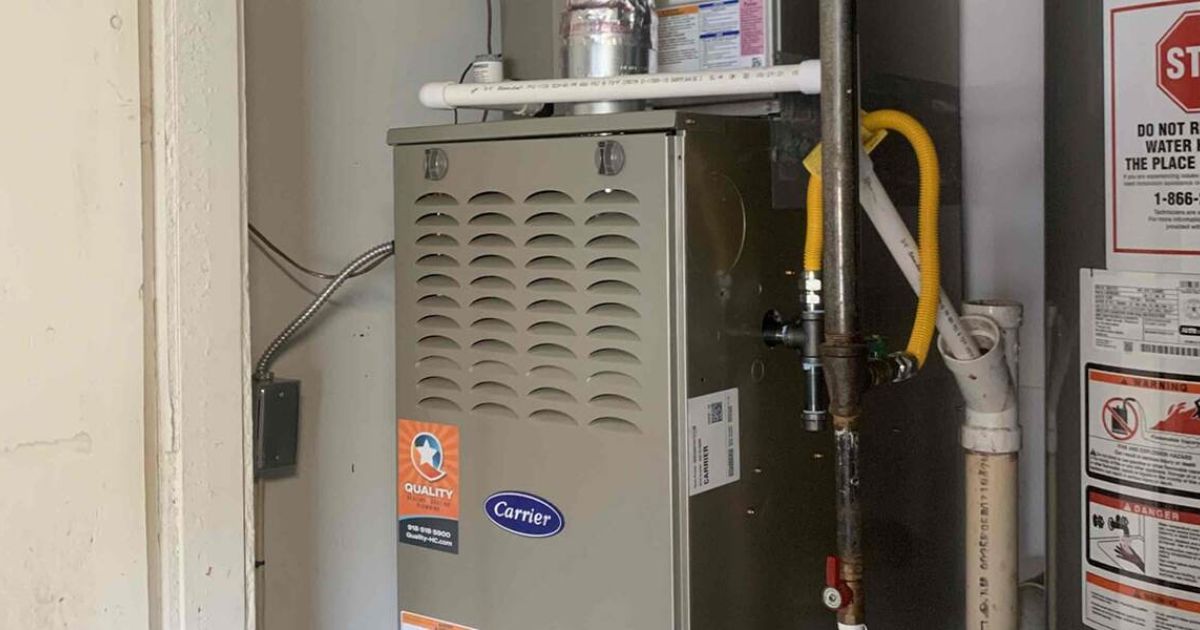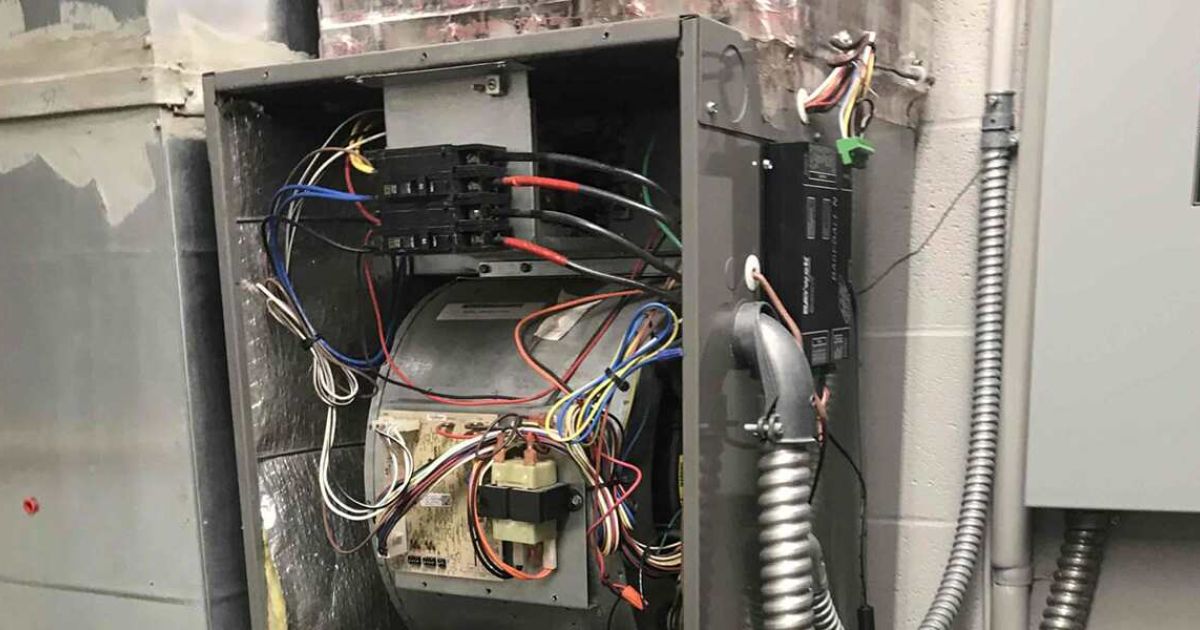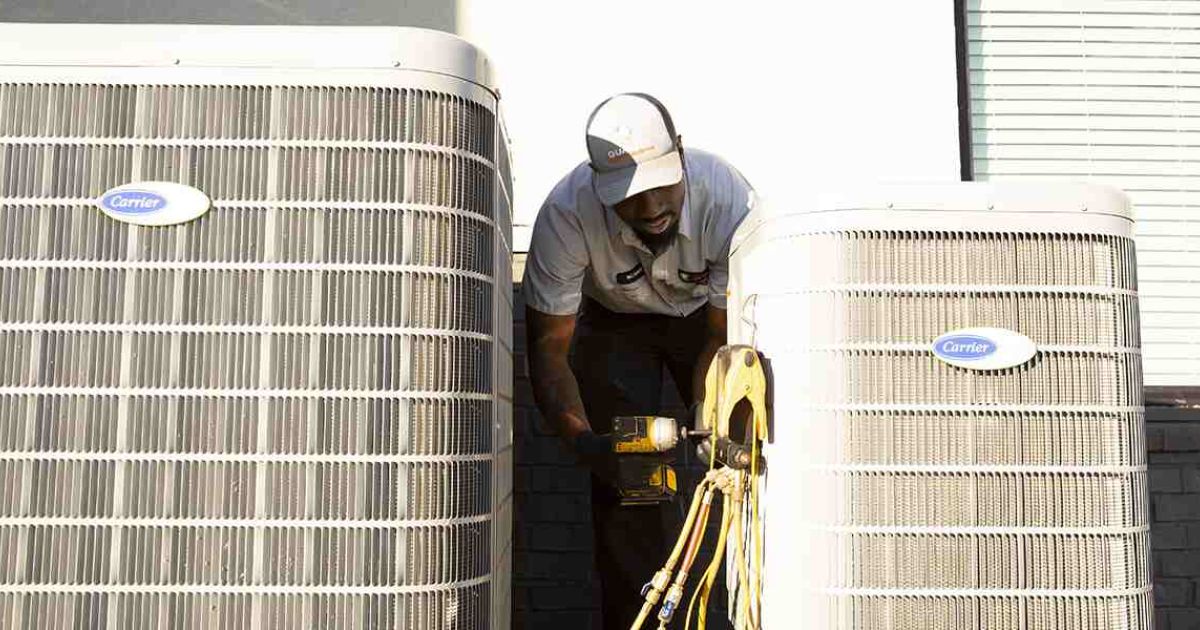
Power surges can damage your electronic appliances, HVACs included. If you are worried about power surge damage, consider investing in a surge protector. Surge protectors can stop destructive discharges in the event of power surges. The team at Quality Heating, Cooling & Plumbing is here to answer the question: Do I need a surge protector for my HVAC?
Contact the best heating and cooling company in Tulsa today!

What Is a Surge Protector?
Power surges can occur without warning, so many homeowners install surge protectors to safeguard their electronics. Surge protectors are special systems that attach to your circuit box to neutralize power surges.
When a surge occurs, the protector activates and channels the excess electricity safely into a ground circuit. Think of a surge protector as a sponge that absorbs electricity and squeezes it out elsewhere.
What Causes Power Surges?
Before discussing surge protectors, it’s important to know what a power surge entails. Power surges happen when voltages spike much higher than normal levels. They can happen randomly or result from problems with your electrical grid. Power surges may follow several high-electricity events, including but not limited to the following:
- Faulty wiring, which can draw too much current, causing a power surge in your home.
- Lightning strikes, which also cause massive power surges and fires.
- Overloaded circuits, which put too much current through the wires, potentially causing damage to any connected appliances.
- Electrical grid problems, which send an excess of electricity into your home, leading to power surges.
- Downed power lines, which are a common cause of blackouts, brownouts, and power surges. They are also fire hazards.
When it comes to power surges, it’s not a matter of if but when. When power spikes, the increased voltage travels down through your circuit box, damaging individual electrical circuits along the way. It can also damage appliances that are plugged into outlets.
If the electricity levels get too high, certain electrical components in your home could explode. A surge protector helps by minimizing those levels, thus lessening the chances of a spike.
How Do Power Surges Affect Your HVAC?
Power surges pose a big danger to your electrical components. More specifically, power surges can overload your HVAC capacitor and damage the circuit board, rendering the system inoperable. Power surges can also short out the compressor, which controls the cycling rate.
Do I Need a Surge Protector for My HVAC?
Strictly speaking, you do not need a power surge protector for your HVAC. However, we highly recommend buying and installing one if you are worried about power outages. One of the main reasons to consider a surge protector is that HVAC warranties often don’t cover repairs for damages from power surges. A surge protector can protect your AC unit so you don’t void the warranty.
Given that the typical HVAC lasts about 20 years, a surge protector will quickly pay for itself. Buying a surge protector now is a better idea than shelling out for expensive repairs if a power surge occurs and damages your HVAC, in which case you may need to shell out for a new unit.
Surge Protector Options
Homeowners have three primary options when it comes to purchasing a surge protector.
Whole-Home Surge Protectors
Whole-home surge protectors are supposed to cover your entire house and attach to the circuit box where the main power line enters your home. These kinds of surge protectors are ideal for mitigating electrical surges from the power grid and external sources.
Secondary Surge Protectors
Secondary surge protectors protect against power surges in different plugs. These surge protectors are most useful if you need to protect individual appliances, like copiers, fax machines, TVs, stereos, and more.
Power Strip Surge Protectors
Power strips are an alternative to secondary surge protectors that let you attach multiple individual devices. These kinds of surge protectors are great for consumer electronics like TVs but are not suitable for HVAC systems because they cannot handle high voltages and currents.
How To Choose the Right Surge Protector
If you are in the market for a surge protector, be sure you consider the following features and properties to make the right choice.
Joules
Surge protectors are not all-powerful and cannot withstand all electricity levels. Each surge protector has a joule rating indicating the highest amount of energy it can handle. For most smaller surge protectors, the maximum amount they can handle will be between 1,000 and 2,000 joules. Larger equipment might require a higher joule rating of over 2,000. A whole-home surge protector can withstand up to 4,000 joules or higher.
Failure Indicators
Most surge protectors have LED lights that indicate their current status. Ensure you get a protector with an easy-to-read display so you can identify whether it’s working at a glance.
Warranties
If you buy a protector from a reputable manufacturer, it’s likely to come with some kind of warranty. Just ensure you read the fine print so you know the exact conditions that the surge protector is covered under.
Is Investing in a Surge Protector a Good Idea?
Yes, investing in surge protection is a good idea. The appropriate surge protector can safeguard your HVAC unit and other electrical components in the event of a power outage, saving you a lot of money on repairs and replacement. A surge protector could prevent the wear and tear of electrical systems due to random power fluctuations, making it an integral part of proper HVAC upkeep.
Also, a surge protector is like an insurance policy to protect your HVAC warranty. Without it, you might have to pay for expensive repairs or replacements after a power outage.
Quality Heating and Cooling Services
Now that you know the answer to the question, “Do I need a surge protector for my HVAC?” read our blog to learn more about HVAC registers. Contact us online or give Quality Heating, Cooling & Plumbing a call today at (918) 393-4577 to schedule an appointment!

Cassie Pound is the Vice President of Quality Heating, Cooling, Plumbing & Electric with locations in Tulsa, Glenpool, and Bartlesville, Oklahoma.

